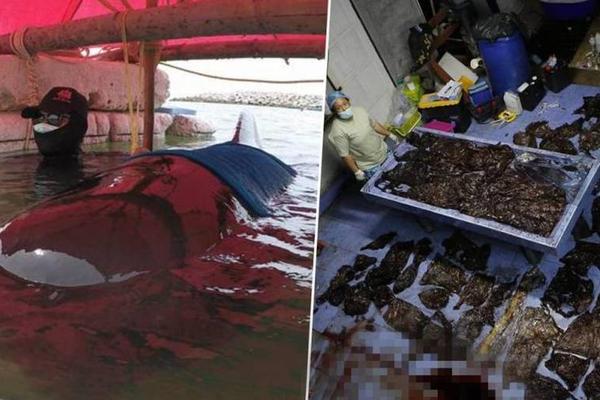American technology companies are watch free movies online | Adult Movies Onlinetraveling to the other side of the world to raise a buck.
The underwater drone company Aquabotix is one U.S. startup eyeing the Australian Securities Exchange (ASX) as a venue to publicly list, rather than looking for venture capital at home.
If successful, it will join 12 U.S. tech listings to take place in Australia since 2013. There's fellow drone tech company Droneshield, which listed in 2016, as well as the troubled HR software startup, 1-Page in 2014. So why are they all heading south?
SEE ALSO: Meet the podcast proving that the future of sex tech is femaleFor the most part, it's about size. Not only can such companies potentially raise capital in Australia at a better price, they may also find it easier to attract the attention of the press and analysts in a smaller pool.
The phenomenon hit its peak in 2015, with seven U.S. tech listings. But Josh Collard, business development manager at the ASX, suggested the attraction is the ability to list at a relatively young age.
While many companies see venture or private equity as the only options, the ASX thinks of itself as an alternative for companies at Series B or onwards.
"If you want to go public in the U.S. and you're less than A$1 billion ($757 million), you really are a very small fish in a big pond," he said. "If you're too small for the public markets in the U.S. but are interested in going public, then we believe the ASX is a very interesting venue for you."
That's the case for Aquabotix, according to company chairman, Peter James. "The amount of money we're looking to raise is only small -- A$5 to 7 million ($3.8 to $5.3 million) -- and in the U.S., you don't get any visibility or attention for that," he said. "Certainly, the ASX is one of the few options."
It expects to list in May, and as James is also on the board of Droneshield, he has experience working with a U.S. company listing locally.
There are benefits for the Australia exchange, too. It's about "diversifying the menu," as Collard put it. "We've got 2,200 listed companies on the exchange -- around 10 percent are foreign at the moment -- and there's real demand for more foreign listings."
In fact, the ASX is actively wooing companies to list, not only in tech but healthcare and other fields through IPO roundtables held in places like Minneapolis.
Is it a good idea?
As a means for raising technology funds, the tactic is not without its skeptics.
Rick Baker, cofounder of the venture capital fund Blackbird Ventures, said he applauded all founders who managed to raise capital "through whatever means." Still, he had some reservations.
"Potential investors should look closely at why these companies are choosing to list on the ASX when there is such a deep and well formed venture capital market in the US," he said over email. "They should check that these are not just the companies which have failed to get funding over there."
So, is the ASX being treated as a last resort?
"They should check that these are not just the companies which have failed to get funding over there."
There's also been concern locally about the viability of reverse takeovers, otherwise known as backdoor tech listings, where a defunct ASX-listed resources company is used as a shell by a private company to gain entry to the market.
This was a route taken by the aforementioned 1-Page, which is now reportedly fighting for its future.
"People in the tech scene in Silicon Valley think it is strange we are listing in Australia but when we explain all the advantages they think it's a genius idea," 1-Page cofounder and CEO Joanna Weidenmiller told the Financial Reviewin happier days.
Most critics are concerned that companies listing this way are untested, presenting risks for the un-savvy investor.
There are similar fears for foreign technology companies that list through the front door while still young, unproven and with little revenue. While Aquabotix made A$1.1 million ($832,282) of revenue in 2016, its classmate Droneshield listed with under A$124,000 ($93,821) of revenue in the first nine months of 2015.
While he acknowledged concerns about backdoor listings, James argued Aquabotix is going "straight through the front door." While he's familiar with the venture route, he suggested the company had always been bootstrapped and a listing is the next logical step. Unlike some others, it's also profitable.
"I think it's a fair comment that there's a lot of [venture capital] activity in the U.S. -- that's 100 percent true -- but we can be an alternative," Collard added.
"Like every opportunity, it needs to go through its normal checks and balances."
Featured Video For You
When the Internet Dies, So Do We









